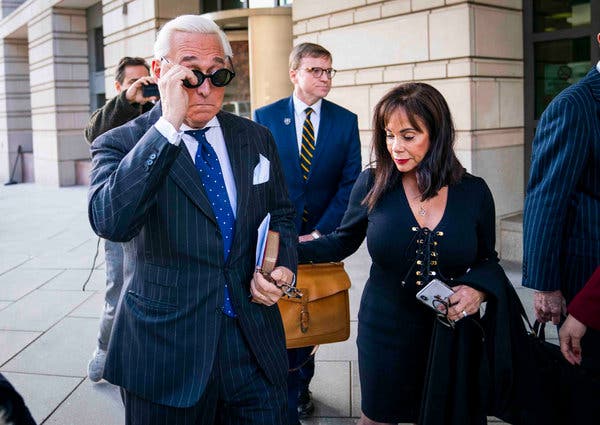The lawsuit, brought Tuesday by The American Federation of Government Employees and AFGE Local 2578, contends that the guidance stifles speech of federal employees and violates their First Amendment Rights.
In November, the Office of the Special Counsel told federal employees that use of the “resistance” terms when discussing the President, as well as supporting or opposing impeachment of any candidate running for political office, which includes the President who is running for re-election, could be considered a violation of the Hatch Act.
Federal employees were told that any statements relating to “resistance to Donald J. Trump, usage of the terms ‘resistance,’ ‘#resist’ and derivatives thereof is political activity.” The guidance says that while those terms were initially used to oppose administration policies, they have now become “inextricably linked with the electoral success (or failure) of the President.”
A few days after the initial guidance, the Office of the Special Counsel, which is not related to the Robert Mueller investigation, said that federal employees had repeatedly asked whether this kind of language is prohibited political activity.
The clarification also said that “while on duty or in a federal workplace” employees are “prohibited from wearing, displaying, or distributing” items from Trump’s campaigns, like “Make America Great Again” or “#MAGA.”
“There has never been a time where it’s more important for federal employees to speak up when they see wrongdoing, everyday across the administration we see conduct that’s raising the attention of congress and inspectors general,” said Austin Evers, executive director at the watchdog group American Oversight, which is representing AFGE in the lawsuit. “And the American public relies on civil servants to blow the whistle when they see something wrong.”
The lawsuit also contends that the Office of the Special Counsel — an independent federal investigative agency — doesn’t have the authority to issue the guidance because it’s outside the purview of the Hatch Act.
The Hatch Act limits certain political activities of federal employees in an attempt to prevent the federal government from affecting elections or operating in a partisan manner. It applies to all federal employees, including those at the state and local level who work with federally funded programs. Punishment, should any be given, can range from a simple reprimand to the loss of a job.
The groups suing the government argue that these terms, as well as impeachment discussion are outside of partisan political activity and should therefore not be restricted, pointing out that impeachment is a constitutional process, not electoral.
The Hatch Act was at the center of the Office of Special Counsel’s admonishment of White House adviser Kellyanne Conway earlier this summer.
The office recommended in June that Conway be removed from federal service, saying she violated the Hatch Act on numerous occasions, saying she erred by “disparaging Democratic presidential candidates while speaking in her official capacity during television interviews and on social media.”
“If Ms. Conway were any other federal employee, her multiple violations of the law would almost certainly result in her removal from her federal position,” Special counsel Henry Kerner wrote in a letter to Trump. “Never has (the office) had to issue multiple reports to the President concerning Hatch Act violations by the same individual.”
However, the recommendation had no power to remove Conway from her position and she remains working at the White House.
At the time, White House counsel Pat Cipollone rebuked the report, saying that the office did not give the White House or Conway time to respond to the report and that her social media statements and media interviews did not constitute Hatch Act violations.
Evers said the groups bringing the lawsuit today are also concerned that the Hatch Act will be applied unfairly — only to “only to people that object to the President,” based on the response after the report issued on Conway’s remarks.



